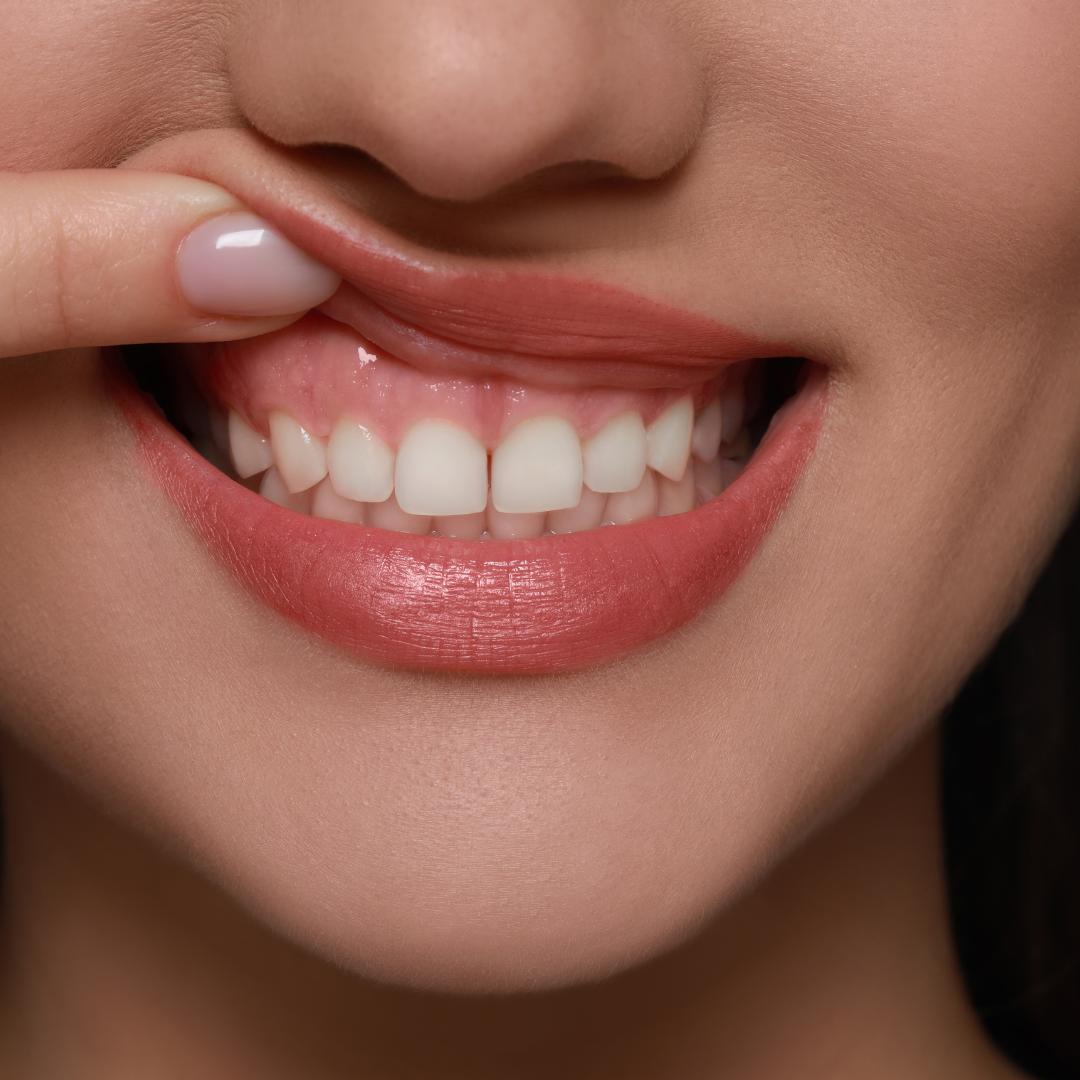Dentistry for Children – 10 things Parents Should Know
January 20, 2022
Oral care is important for everyone, but it’s especially important to develop healthy habits for children. By starting dental care early, you can help your child up for good oral health in the future. At Great Expressions, we are here to help you and your family experience exceptional and comprehensive dental care. Here is your guide to dentistry for children and ten things parents should know.
First Dentist Visit
First off, it’s good to know when to schedule your first visit when it comes to dentistry for children. Basically, there are two reliable signs to know when it’s time for your child’s first dentist appointment. The first is six months after their first tooth shows. The second is your child’s first birthday. Once either of these have occurred, it’s a good idea to schedule a visit. Unfortunately, waiting any longer than this increases the risks of poor dental health for your child.
First Visit: What To Expect
Your child’s first visit to the dentist is very quick and low-maintenance. Essentially, this visit is just to take a quick look at your child’s teeth to make sure everything is coming in healthy. Plus, it’s good for your child to get acquainted with the environment at the dentist. This makes scheduled cleanings easier in the future.
How Often To Schedule Visits
Wondering how often you should schedule visits when it comes to dentistry for children? Ultimately, it’s the same frequency for children as for adults. That means every six months you should schedule a dentist appointment for your child. However, there are situations that may require more frequent checkups. With that said, six months is a good benchmark to work with.
What Is A Cavity, Exactly?
Cavities are tooth decay on the surface of the teeth. These are caused by bacteria, too much harmful and sugary food being consistently exposed to the teeth, and a lack of or improper cleaning. If a cavity isn’t treated, they grow and decay further. This can lead to infection and even losing the tooth if not cared for.
Cavity Statistics
Did you know that cavities are one of the most infectious diseases for both children and adults? In fact, over half of all children get a cavity before the age of five. With that said, cavities are preventable. If you want your child to avoid cavities, especially at a young age, it’s important to schedule routine cleanings and start healthy habits early.
When To Start Using Toothpaste
Dentistry for children also includes knowing when and what kind of toothpaste to use at certain ages. Once your child reaches the age of three, you can start using fluoridated toothpaste. Before then, you should use a baby toothbrush with only a small amount of toothpaste, roughly the size of a pea or grain of rice. Just make sure that before age three the toothpaste is fluoride-free.
Cavity Prevention
Another important aspect of dentistry for children is teaching them about cavity prevention. Their dentist appointments will help with this, but there are ways to teach this at home too. The best way to do this is to teach them about sugar intake. To start, make sure to limit sugary treats until after their meals. Basically, this allows the body to break down sugars better so they don’t cling to their teeth and cause decay. It’s also good to limit sugar intake to a reasonable level. Next, implementing healthy and routine teeth-brushing habits will help fight off cavities from forming. Finally, foods and drinks with calcium are great for building strong teeth!
Lookout For Signs Of Gingivitis
Are you prone to the gum disease, gingivitis? If so, your child could be at risk as well. But even if you’ve never experienced gingivitis before, it’s always a good idea to watch out for signs that your child may have it. These warning signs include pain when brushing, redness or swelling in the gums, and bleeding. If you or your child notice these symptoms, it’s best to schedule a dentist appointment immediately. Moreover, you can help prevent gingivitis by having routine health brushing, flossing, and scheduled cleanings.
Toothaches
If your child is experiencing toothaches, the absolute best thing you can do is contact your dentist as soon as possible. They’ll provide an expert opinion and treatment. In the meantime, there are a couple ways to administer treatment at home. First off, acetaminophen is useful for managing pain. Second, you can rinse the area that is experiencing pain with warm salt water. If their face is swollen, use a cloth with ice and apply it to the affected area.
When To Expect A Lost Tooth
When it comes to dentistry for children, it’s good to know what to expect for losing teeth. The first teeth that come in are typically the first teeth to fall out. Most often, that means it will be the two front teeth. You can expect your child to lose their first tooth somewhere around the age of six or seven.
Moreover, it’s important not to remove a wiggly tooth before it is ready to fall out more or less on its own. Essentially, a tooth becomes loose when the permanent tooth starts to come in. That means losing the baby tooth is a natural, relatively straightforward process. However, trying to remove the tooth too early will actually make it more painful and bloodier than it needs to be. Because of this, it’s wise to let your child very gently wiggle the tooth out on their own when it’s time to do so.

Call Or Schedule An Appointment Today!
Our team of pediatric dental professionals is here to help ease your child into their first dental experience, and give you peace of mind about your child’s long-term oral health amid your hectic schedule. We specialize in providing a warm environment to care for infants and children. From regular checkups to dental emergencies, we have you covered. Ready to schedule your appointment? Contact us today!
- General
Related Posts

How Cosmetic Dental Procedures Boost Self-Esteem and Confidence
Category: General
Cosmetic dentistry focuses on the appearance of your smile, helping to fix imperfections that might be the source of discomfort or insecurity. While treatments aren’t necessary from a health...

The Silent Threat: Unraveling and Preventing Gum Disease
Category: General
Gum disease, also known as periodontal disease, is a silent threat that often goes unnoticed until it reaches advanced stages. This common dental issue can lead to serious oral...

Maximizing Your Smile: Using Your Benefits in the New Year
Category: General
As we bring in a new year, it’s not just a time for resolutions and fresh starts, it’s also an ideal moment to maximize your dental benefits. Many dental...
